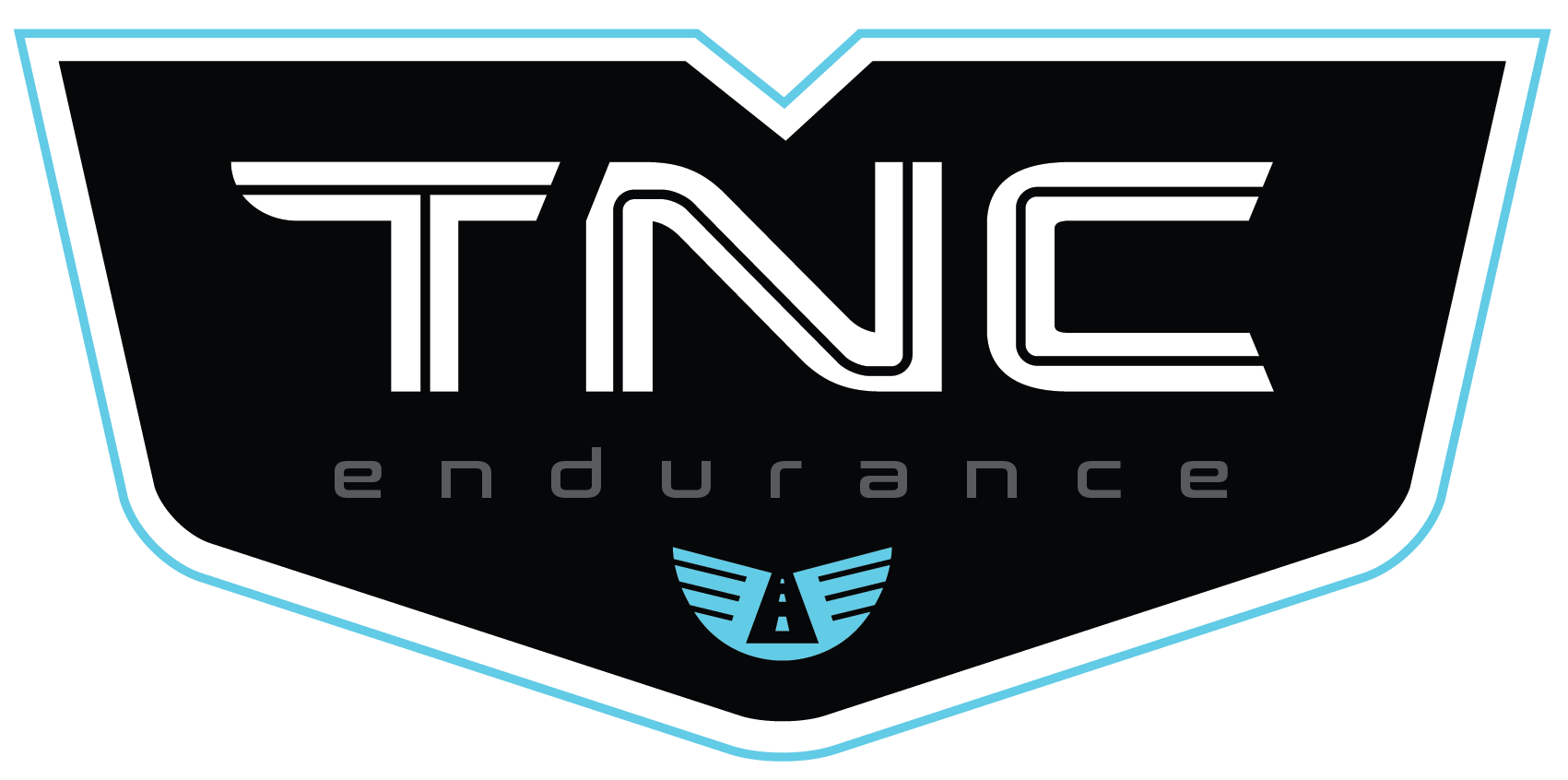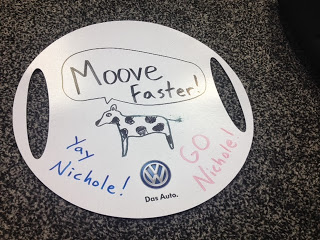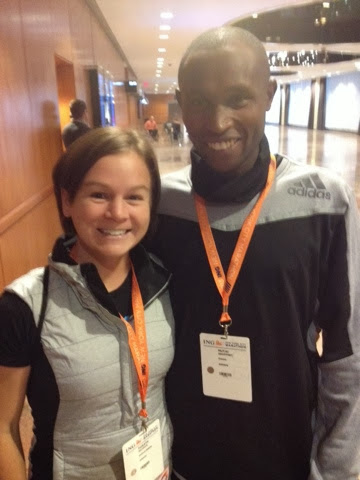Ask the Coach – Answers
are your thoughts on carb-loading (or depleting and then loading?)?
depletion/load method for my competitive marathoners! Exceptions:
athletes that already have a very “hot” metabolism.
background: For the marathon, stored glycogen is key. The more you can have
available to you via muscles and your liver, the better. Studies
have been shown (Gunvar Ahlborg) that you are able to store above-normal
amounts of glycogen when high levels of carbohydrate consumption are preceded
by severe glycogen depletion.
Ahlborg then devised a 7 day
carb-loading plan: an exhaustive workout followed by 3-4 days of extremely low
carbohydrate intake (10% or less of intake), then 3-4 days of extremely high
carbohydrate intake (90% of intake). Per his research, athletes following this
were able to nearly double their glycogen stores and exhibited significantly
greater endurance in exercise lasting longer than 90 minutes.
What have I found? Most
that I coach have responded very well to the 3-3 day depletion/load (I will
swear by it personally as well). A lot of attention needs to be paid during the
depletion phase to truly deplete yourself of available glycogen,
though.
There are drawbacks, definitely:
first, it takes a lot of planning to get in your caloric needs for the day
based on protein and fats! If my athletes are trying this, I always ask that
they weigh themselves daily – any more than a 1-1.5 pound weight loss during
these days is too much (eat another chicken breast :)). A lot of the weight
loss comes from water, so don’t be alarmed.
Second, there are side effects:
you might become more irritable and have a harder time concentrating
(especially during the last day of depletion).
There is research out there that
shows that just doing the 3-4 carbo-load portion of the diet will result in
high glycogen stores as well (just not quite as high as the depletion/load
diet). I’ve tried both, and personally feel there is a huge difference between
the two. I personally will always do the depletion/load schedule.
 |
| I always look forward to the carb-loading portion of the cycle :). Yumm, bagels, oatmeal, fruit, and plain pasta! |
Again: I don’t think this method
works as well for those with a “hot” metabolism or that already are
great fat-burners. That’s just my experience, but I’d appreciate comments and experiences here.
source here: http://running.competitor.com/2014/04/nutrition/the-evolving-art-of-carbo-loading_22908
What are your feelings about overdistance training for the marathon
(ie, training runs of more than 26 miles)?
anything longer than 22-24 into my athlete’s plan. 24 miles are saved for those
more experienced runners who know they won’t break down too much after such a
long effort and whose mileage is high enough so that distance isn’t such a
large percentage of their weekly schedule.
long run, I emphasize quality. Once you are strong enough to do a long easy
run, then I start adding in tempo or MP work inside most of your long runs
(still keeping a long easy run each month or so).
always looking for skiing oriented workouts to do during the summer, and have
found that rowing machine seems to really target the glutes that you use for
hill climbing in freestyle skiing. Do you think rowing machine workouts
translate well to skiing, and if so how much rowing might one do relative to other
strength / cardio / rollerskiing workouts?
reached out to Caitlin Gregg, 2010 Olympian, to answer this one:
question! I have actually used a rowing machine for ski training in the summer
before!
a bit so I headed over to the rowing machine to get my upper body involved too!
It was a great tool for distance training. My heart rates were a little lower,
because I was seated and not standing, but using the whole body was a huge
bonus. I agree that there are a lot of similar muscles, perhaps glutes and back
muscles that are engaged as they would be for skiing too which is another
benefit of rowing.
predominately a distance training tool, you could do shorter harder bursts, but
the strength component would still be fairly low overall. Lifting weights or
isolating the muscles used for skiing by rollerskiing is a far superior way to
build strength and has a much higher correlation to skiing on snow. You should
count the hours on a rowing machine as you would rollerskiing or running,
knowing that your heart and muscles are getting a similar workout but that
rollerskiing is the best way to develop the exact muscles and the
neuro-muscular adaptations you are striving for to get better results in the
winter!
mental burnout, avoid the heat mid-summer and help with overuse injuried but
nothing beats rollerskiing for getting you fast come winter time 🙂
the Coach questions, I’m taking them all – just comment here! Please also
comment if you have other sources to add to the answers above.
I’ll try to answer ~3/week.
Those that weren’t answered this week are in the running for future weeks as
well.







How much MP running do you think is ideal during a given training cycle and how do you think they are best structured (i.e., in the form of a MLR, v. a LR). I have done Pfitzinger before and he does those 4 big MP runs, but when I worked with my coach, he had me do much less running at MP….and a lot of faster running at 5K, 10K, and HMP – progressions, etc. while still doing some, as well. I am about to start training for Chicago and I am kind of pushing for more MP miles. I get scared running in the 6:xx (that's FAST…) and feel like the more running I can do at that pace, the more confidence I'll have, but…dunno. I've only run 2 marathons/2 races, so what do I know? /rambling
Also, how much 5K pace running do you think is needed – if any – during a marathon training cycle? I HATE 5K PACE STUFF. I secretly hope your answer is none. 😉
Thanks to Nichole for providing a great forum, and to Caitlin for the guest input! I found this information to be very helpful and motivating as well!